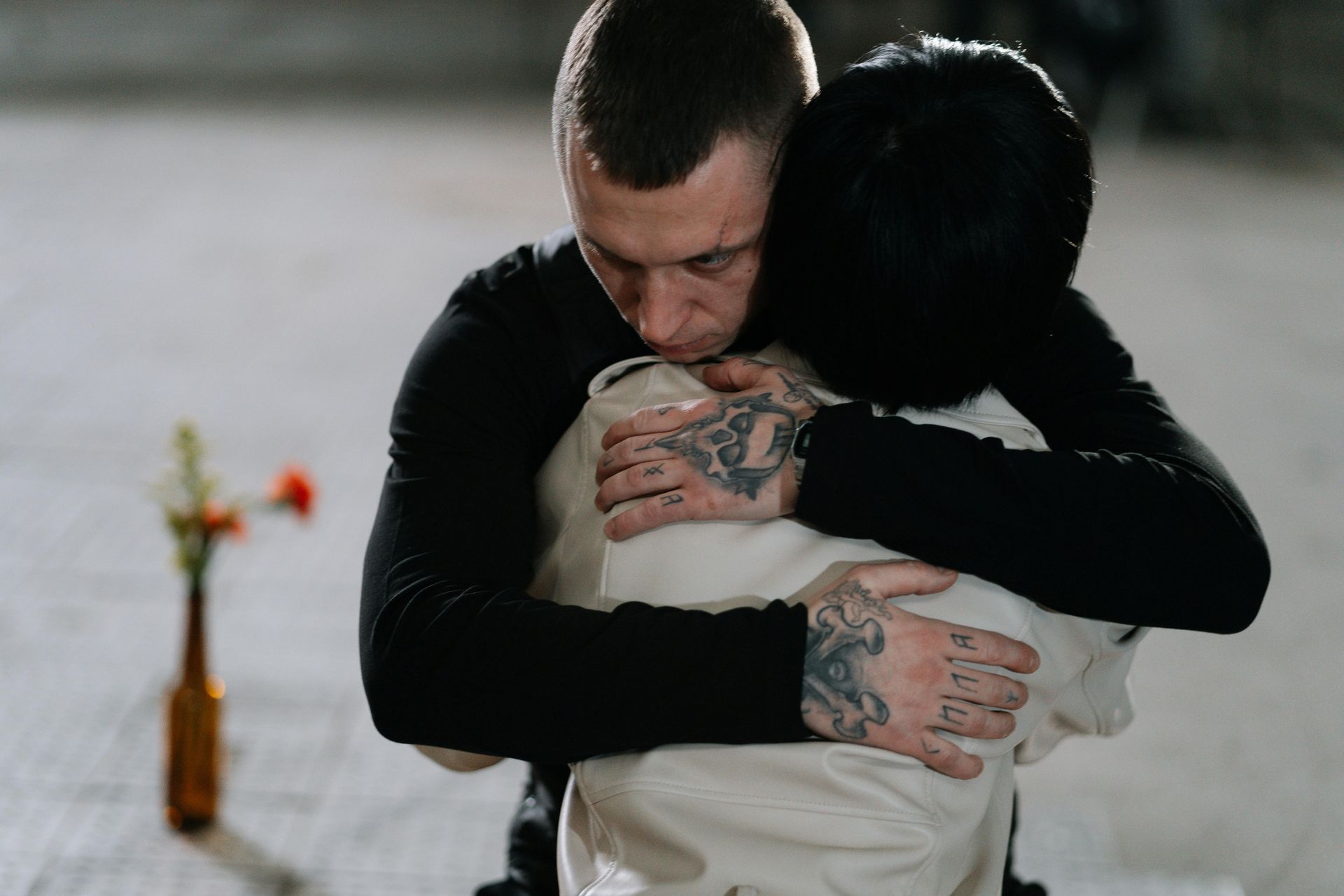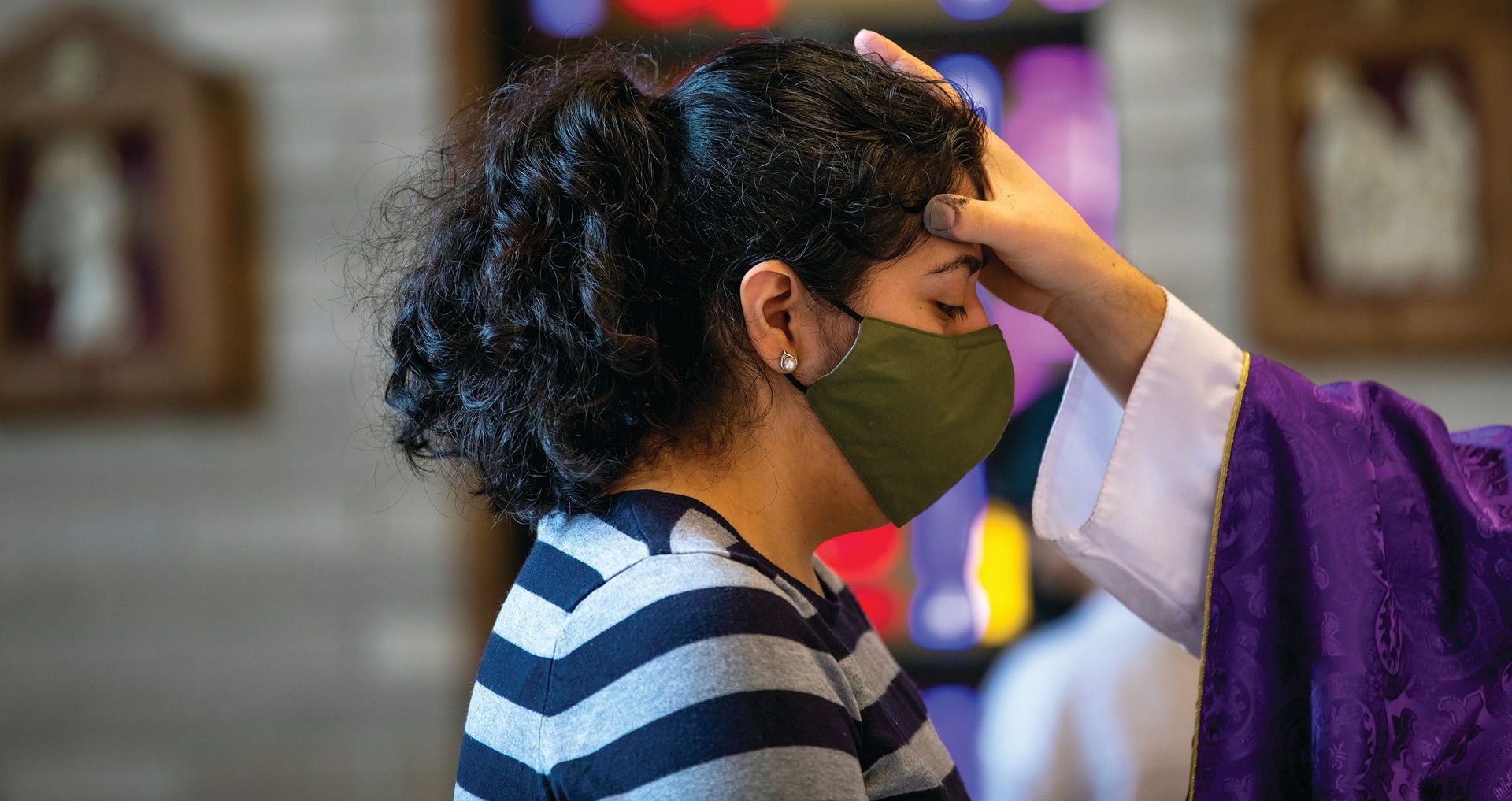True Conversion
Many commentators of the Scripture speak about the Fourth Sunday of Lent gospel as one of the most meaningful and beautiful. Indeed, there are many symbols and profound meanings in today’s gospel. I would like to mention just two valid elements that are helpful for our repentance and conversion during Lent, trusting in God and dying to sin. These two elements are necessary to turn away from evil and renew our relationship with God.
When Jesus explained conversion to Nicodemus, he used an example from the Book of Numbers in the Old Testament (John 3:14-21). It was about a nest of poisonous snakes, which was encountered by Jews during their journey through the desert. Many were bitten with a painful bite and many died.
God, however, told Moses to make a bronze serpent and put it on a pole and all who looked upon it were healed and saved. It is interesting how God chose to save his people asking them to look up while the snakes were on the ground.
The first reaction tells me it was illogical and confusing perhaps. But in fact, it is fascinating to know God’s ways to save his people. Like everything in the Bible, the scene with snakes has a symbolic and spiritual meaning. It is supposed to guide us when we struggle with evil in our life. Instead of spending all time and energy to fight against evil, and our wrong doing, we must learn to trust in God.
The gesture of looking upon the snake on a pole is an invitation to share our struggle with God. God does not want us to be alone when we struggle. We must trust in God and pray even more when we are challenged by temptation and sin. Instead of feeling unworthy and running away, God is asking us for total trust to God’s guidance through our challenges and sinfulness. Our fight for God and closeness with God is more effective than just fighting with our struggles and
weaknesses on our own.
Jesus recalls this example from the Book of Numbers and brings to Nicodemus this very request of God in today’s gospel. Nicodemus who came from darkness of night with his struggles and confusion, cannot resolve his problem alone. He must open up and trust in God totally. It is like being born again and becoming a new person.
Second condition of true repentance and conversion is dying to sin. In today’s gospel Jesus foresaw his death on the cross. Like that serpent lifted up by Moses in the desert, Jesus believed his crucifixion and death on the cross will save his people from their sins. We learn from Jesus it was necessary to die for sins. Indeed, we must die for our sins when we are serious about repentance and conversion. We realize our wrongdoings, confess our sins in Sacrament of Reconciliation, repent with a good intention, but we often fail to turn away from our sinfulness. We like our sins and our old ways, and thus, fall into the same sins again. Then, we are discouraged because our repentance and conversion does not work.
The Greek word for conversion is metanoia (μετάνοια). One of the literal translations of metanoia is changing one’s mind.
According to metanoia in such understanding, conversion is not just temporarily turning away from evil but totally changing our thinking. It is like dying for that sin that constantly bothers me and stands between God and me. This kind of disposition against sin, which we usually like and do not want to go, is not easy and even painful. That is why today’s gospel compares it to the crucifixion of Jesus, who fought sin to the point of pain, blood, and death on the cross. We must die to our sins after the example of Jesus. If we succeed to die with Christ, we will raise with him on Easter.
Today’s gospel is helpful to us as we pray and reflect about our spiritual growth during Lent. The two conditions, trusting in God and dying to sin, are necessary to experience true repentance and conversion. There are a few opportunities for Sacrament of Reconciliation before Easter at St. Martin of Tours. Please have courage and do not hesitate to meet your sinfulness and then, to experience God in your true conversion during this blessed time of Lent.
Fr. Andrzej










